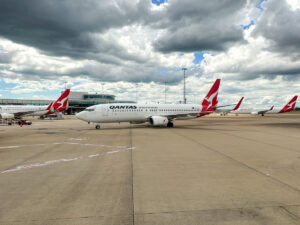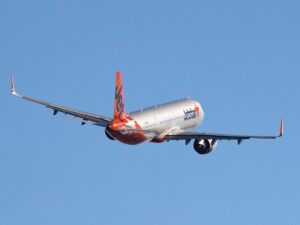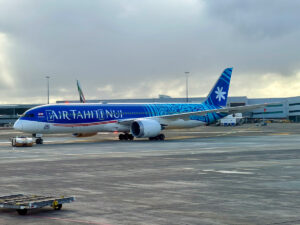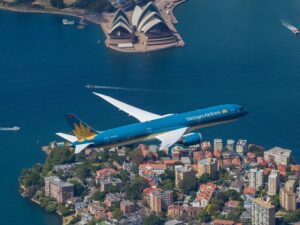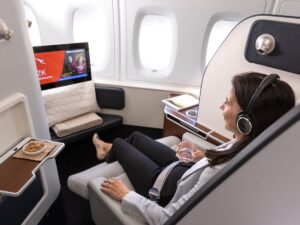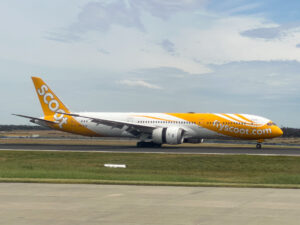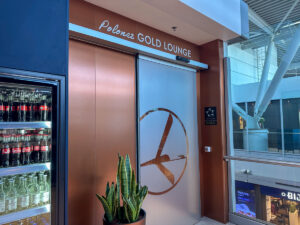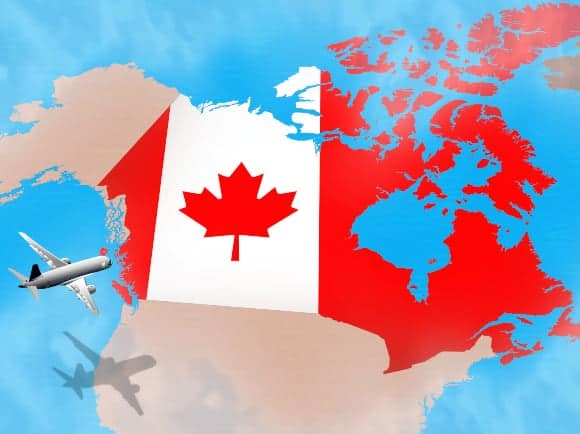
If you’re flying to, from or within Canada, you’re now entitled to up to $1,000 in compensation if your flight is delayed or cancelled. And if you’re bumped from a flight due to overbooking, you could receive up to $2,400. As part of new Air Passenger Protection laws, airlines in Canada are also now required to compensate passengers for lost baggage.
The new Air Passenger Protection regulations were introduced by the Canadian government last Monday. They represent a significant improvement for airline passengers in Canada. But some believe the regulations do not go far enough, leaving airlines with too many opportunities to deny compensation.
The new Canadian laws are similar to the EU261 regulations in the European Union. Under EU261 rules, airlines must pay fixed compensation amounts for cancellations, overbooking and delays over a certain length of time. The laws apply to all European airlines, as well as non-European airlines when departing from Europe.
The Canadian regulations apply to all flights to, from, through or within Canada – regardless of the airline. From Australia, both Qantas and Air Canada operate services to Canada. Qantas operates a seasonal Sydney-Vancouver service over summer, while Air Canada flies from Sydney, Brisbane and Melbourne to Vancouver.
Canada’s Air Passenger Protections are being implemented in two stages. The first stage already came into effect on 15 July 2019, while additional airline obligations will apply from 15 December 2019.
What does Canada’s Air Passenger Protection offer?
Key minimum standards include:
- Airlines must clearly communicate the reasons for any flight disruptions, remedies available to the passenger and airline policies. During flight delays, the airline must provide updates every 30 minutes.
- Access to toilets, food, drinks, medical assistance and proper ventilation during extended tarmac delays (which may not exceed 3 hours)
- In cases of overbooking, airlines cannot deny boarding unless all other passengers have been asked to give up their seats and carriers cannot deny boarding to somebody already on the aircraft (like what happened when United dragged a man off a flight)
- Advertised flight prices must include taxes and all other charges
- If your bag is delayed, damaged or lost, you can claim for expenses incurred of up to CAD2,100. The airline must also refund any checked baggage fees paid.
- If you are delayed overnight, the airline must provide accommodation, food and transport
- If you are downgraded, the airline must compensate passengers the difference in cost
Airlines are also required to pay compensation if you are denied boarding or you arrive late at your final destination:
- Compensation payments in the event of flight cancellations or significant delays:
- CAD400 for delays of 3-6 hours
- CAD700 for delays of 6-9 hours
- CAD1,000 for delays of over 9 hours
- Compensation payments for denial of boarding due to overbooking:
- CAD900 if you arrive up to 6 hours late
- CAD1,800 if you arrive 6-9 hours late
- CAD2,400 if you arrive more than 9 hours late
You can read the full list of regulations on the Canadian government’s Justice Laws website.
Events beyond the airline’s control
On the face of it, these protections seem good. But airlines can avoid compensating passengers if a delay is considered to be for reasons outside of the airline’s control. According to the Canadian laws, factors outside of the airline’s control include poor weather, airport operation issues, air traffic control requirements and airline staff that are on strike. Furthermore, a delay or cancellation which is caused by an earlier delay or cancellation for reasons beyond the airline’s control is also treated as such.
The problem here is that airlines can make up any reason they like for a delay. It wouldn’t be difficult for an airline to claim that a flight was delayed due to bad weather on the other side of the country earlier that day, and there is no way for a passenger verify this.
We’ve already seen many examples of airlines obfuscating their responsibility to compensate passengers in Europe, by inventing excuses or simply not responding to emails. Time will tell if Canada’s regulations actually improve the quality of air transportation in the country.
There are currently no equivalent regulations in Australia.
Join the discussion on the Australian Frequent Flyer forum: Canada’s new air passenger rights




